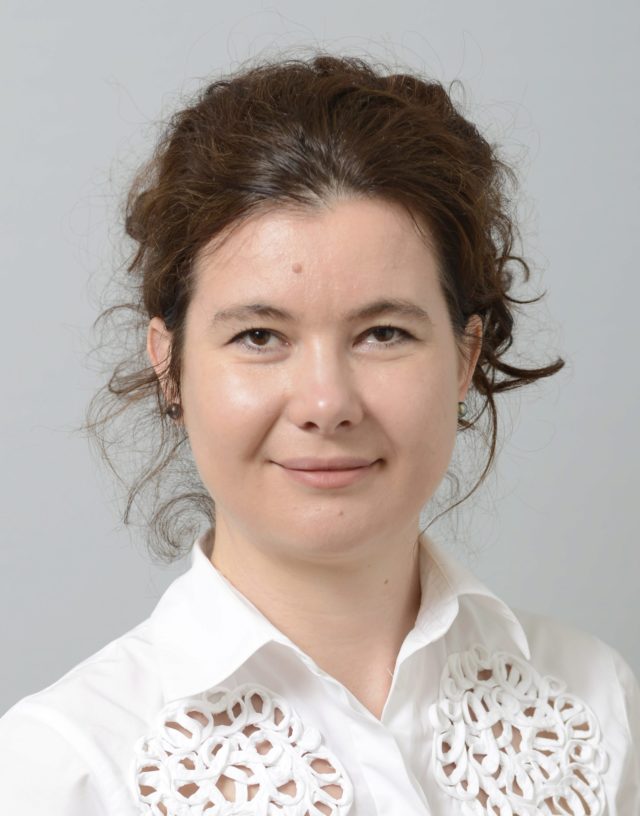
Anastasia Kartasheva (University of Pennsylvania)
15 July 2020 @ 17:30 - 18:30
- Past event
“Insurance protection gaps and economic resilience to climate change”
Short bio. Anastasia Kartasheva is a Senior Fellow at the Joshua J. Harris Alternative Investments Program at the Wharton School, University of Pennsylvania and a visiting faculty at the University of St Gallen in Switzerland. Till recently Anastasia was the Economic Adviser at the International Association of Insurance Supervisors at the Bank for International Settlements where she contributed to the development of the international macroprudential policy. Anastasia’s research interests are in the areas of banking and insurance, financial intermediation, regulation of financial institutions, financial stability and systemic risk. She holds a PhD in economics from the University of Toulouse in France.
Abstract
The (re-)insurance industry is uniquely positioned to address the environmental, economic and social challenges for sustainable development. As risk managers and risk carriers, (re-) insurers provide $5 trillion of world premium volume of insurance coverage. It permits businesses and households to insure the financial consequences of intensified natural disasters due to climate change. The (re-)insurance industry also creates solutions for retirement financing of the aging world population and for reducing inequality and poverty in the old age. As investors, insurers and reinsurance hold over $30 trillion of global assets under management. Due to the long-term nature of their commitments to policyholders, insurers invest long-term which makes them fit to provide funding for infrastructure and green energy.
Building resilience is at the core of the insurance business model. Not surprisingly, global insurers and reinsurers were among the pioneers to integrate the sustainability benchmarks into their business and investment decisions (see UN Principle for Sustainable Insurance).
Yet, the contribution of the insurance and reinsurance industry to sustainable development is still below its full potential. Insurance protection gap measures the relation between protection needed and available. In 2018 the global protection gap for natural catastrophes was 76% – meaning that only 24% of losses are insured. The puzzle is that even in the most developed insurance markets in advanced economies the gap is 65%. What is the contribution of various demand and supply factors to impede global risk sharing? The lecture will review the state of the debate, suggest potential solutions and identified unresolved issues that require further research.
Registration:
https://ltiwebinar15july.eventbrite.it/

